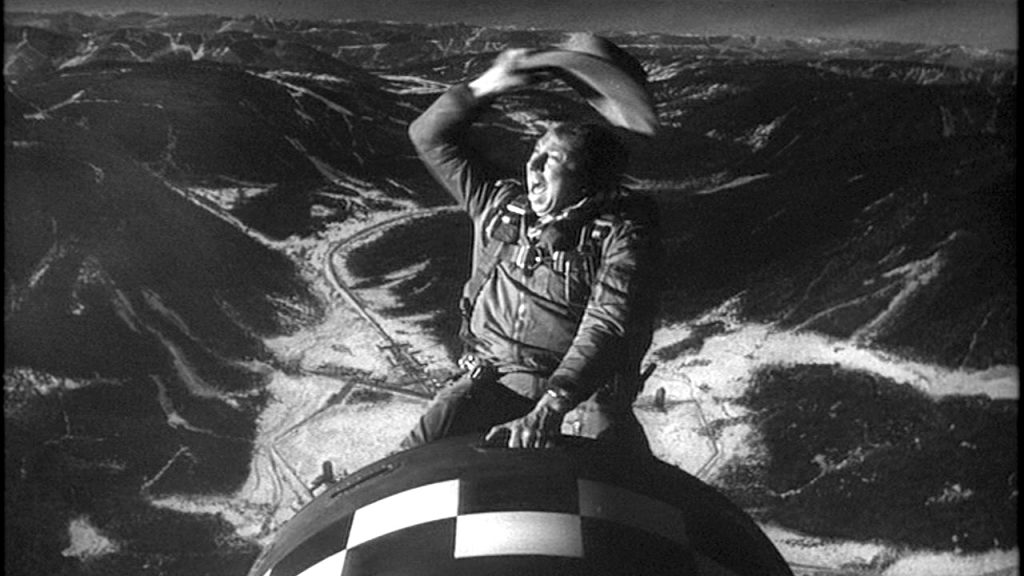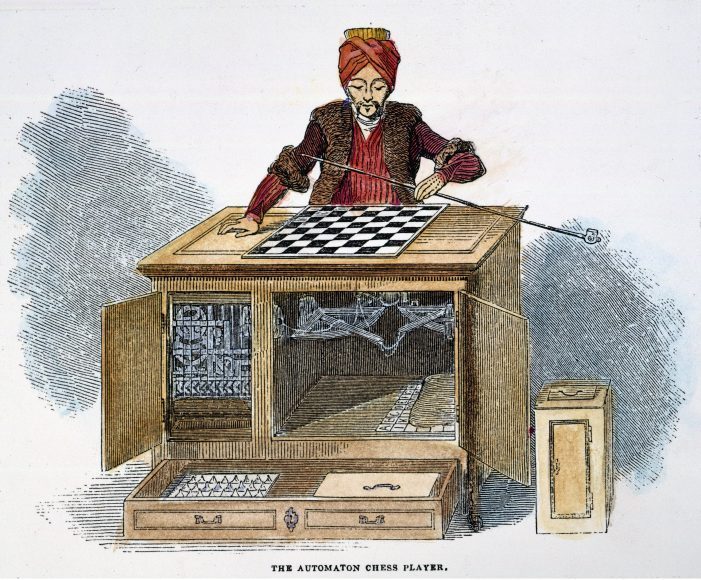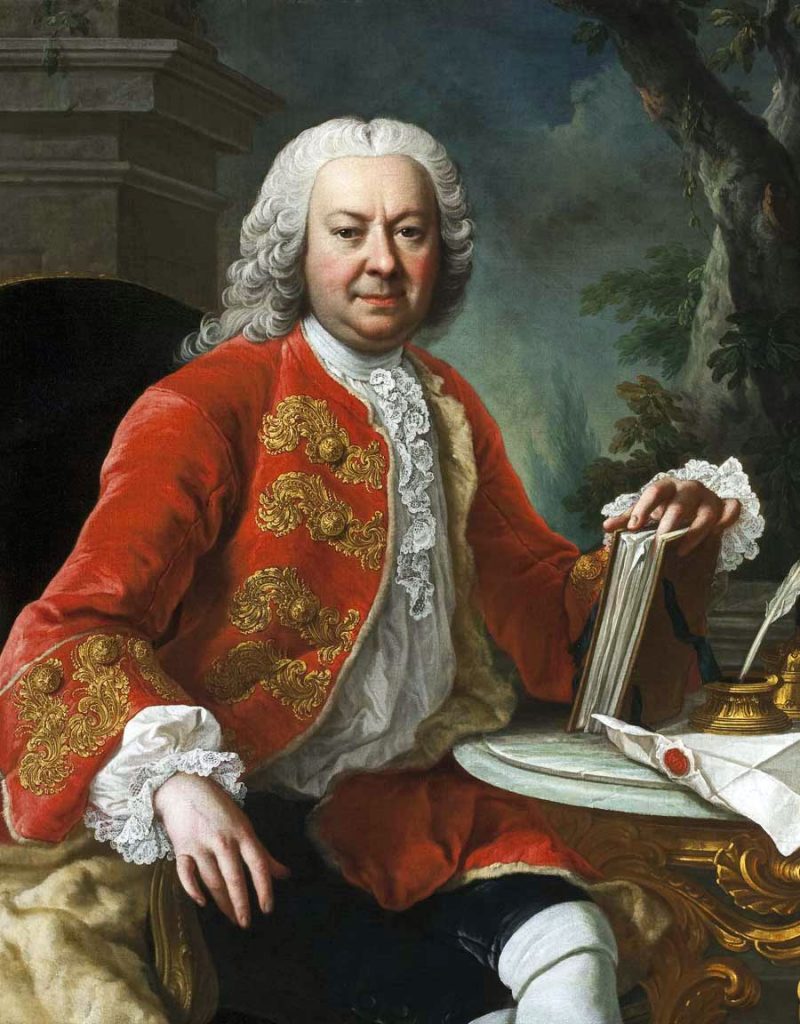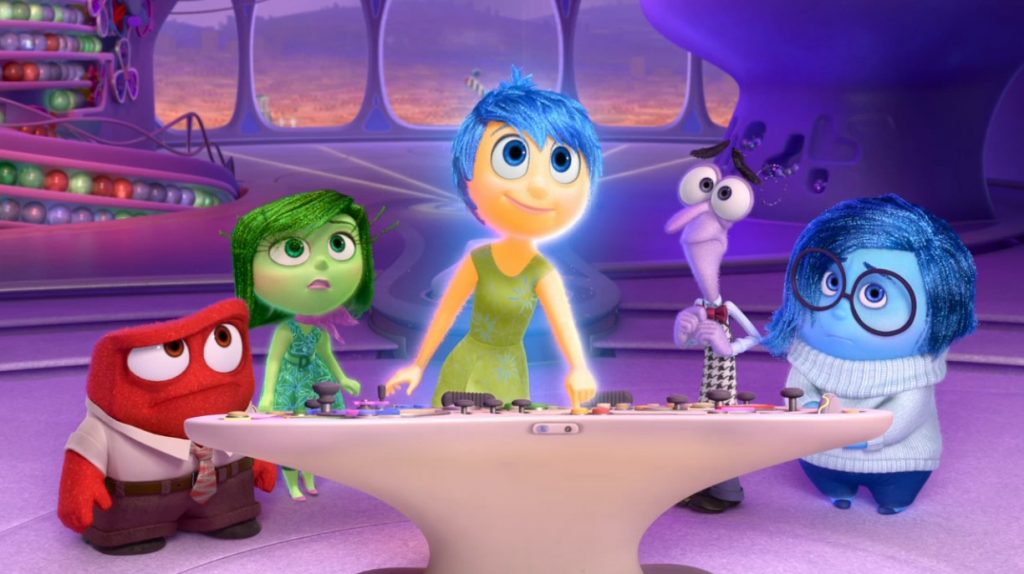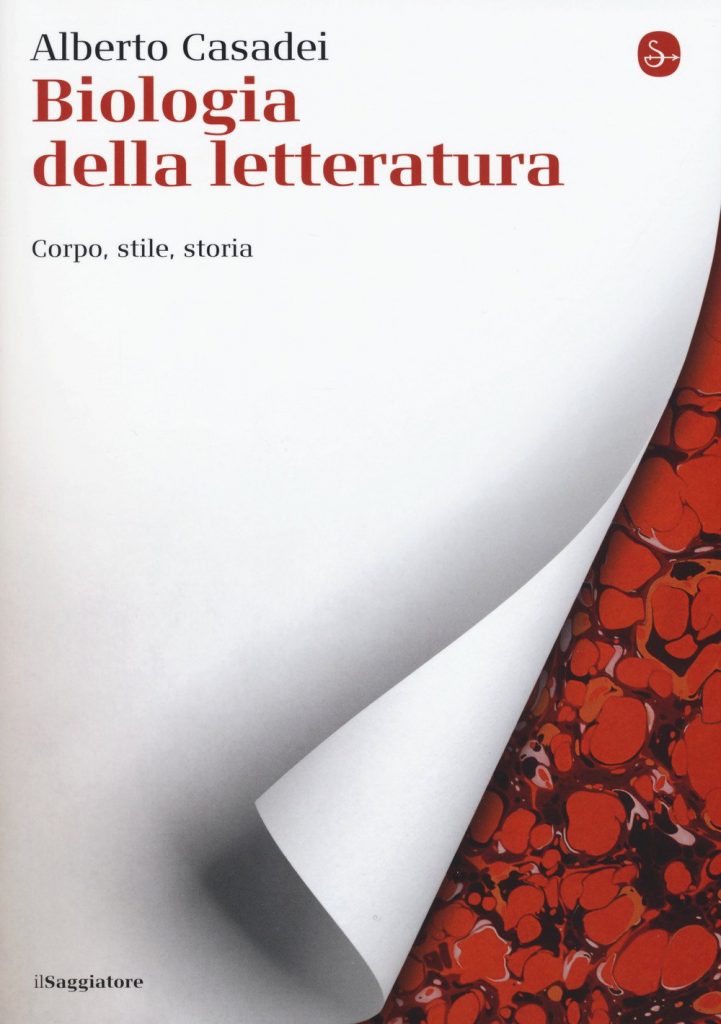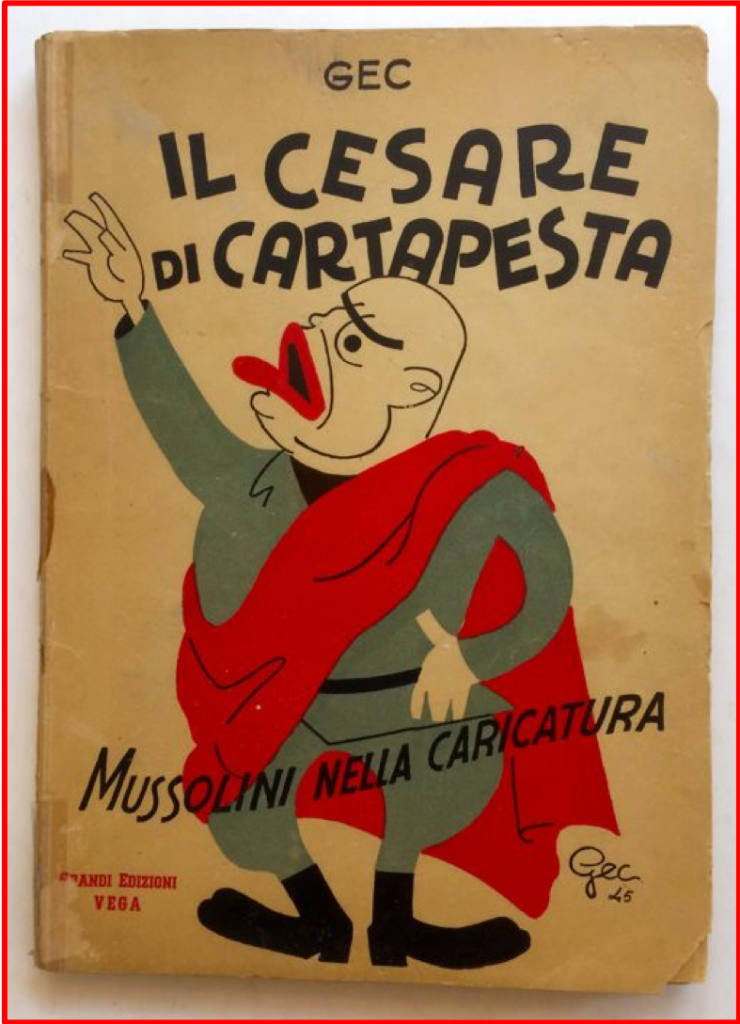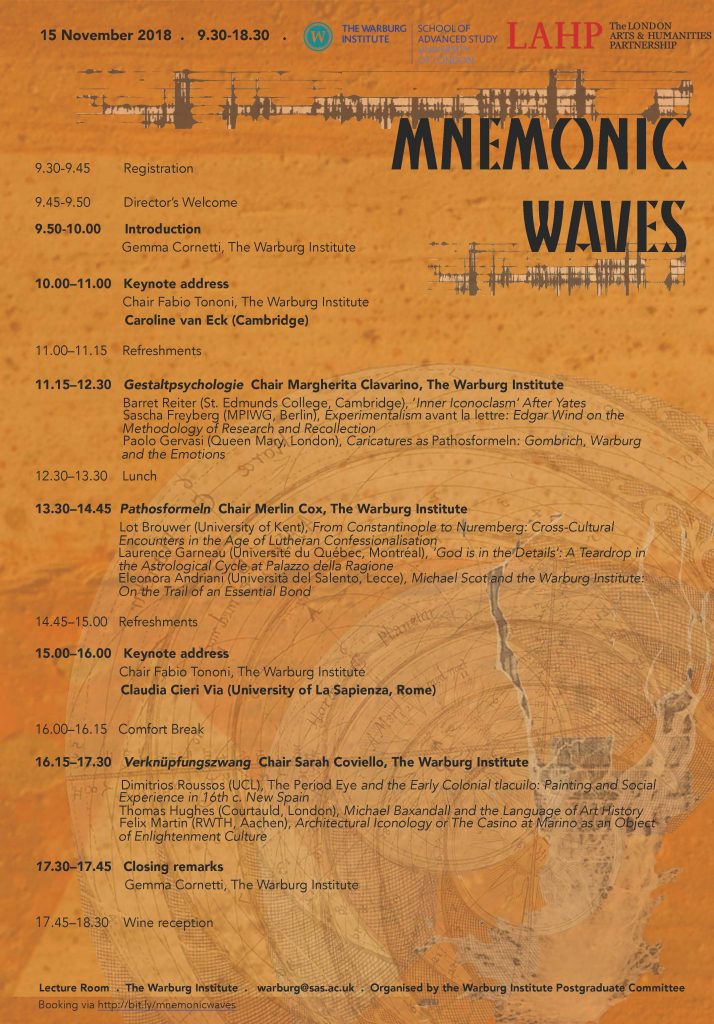The third issue of the journal L’Età del Ferro has just been released. In it I published the following text, responding to the harsh criticisms opposed to the assumption of neurocognitive perspectives in the study of literature, and more in general to the most recent development in the field of humanities, contained in the journal’s previous issue. The complete title of my intervention sounds Doctor Strangelove or: How I Learned to Stop Worrying and Love the Humanities.
Category Archives: 20th Century
Clockwork Mind
What follows is the text of the article I published within the magazine Oracoli. Saperi e pregiudizi al tempo dell’Intelligenza Artificiale. The Italian title was La mente nell’ingranaggio.
Non è il primo automa della storia, non è nemmeno davvero un automa, ma è uno dei congegni più suggestivi dell’era moderna, sicuramente il primo a porre il problema della concatenazione e dell’ibridazione tra essere umano e macchina. Per questo il Turco giocatore di scacchi, concepito nel 1769 dal barone ungherese Wolfgang von Kempelen per meravigliare l’imperatrice Maria Teresa d’Austria e la sua corte, resta una delle invenzioni più famose di sempre, un “robot” ante-litteram che non si lascia archiviare come una bizzarra curiosità antiquaria, ma torna a interrogare l’umanità, quasi come se tra i suoi ingranaggi fosse nascosto il mistero originario della tecnologia.
Video didn’t kill the radio star
Tuesday 19 March I participated in the Radio 3 programme Fahrenheit, for an interview about my book Vita contro letteratura.
Listen to the podcast of the programme!
Oracles
I participated in the organisation of the project Oracoli. Saperi e pregiudizi al tempo dell’Intelligenza Artificiale, designed by the publisher Luca Sossella Editore with Emilia Romagna Teatro Fondazione and Unipol Gruppo. It is a series of lectures on the philosophical, historical, social, ethical and economic challenges connected to the emergence of artificial intelligence. I designed and edited a journal describing the project and expanding the reflection around the main issues it will address.
I also published an article in the online magazine CheFare, Oracoli’s partner, discussing how literature over time diversely imagined possible extensions, evolutions, empowerments and re-creations of the human mind and body. Continue reading
Art: how to use it
I recently published a review of Emanuele Trevi’s last book, Sogni e favole. Un apprendistato. The review is titled L’uso dell’arte and was published by the online magazine Doppiozero.
Pulsations of consciousness
I published an article titled Pulsazioni della coscienza. Forma breve ed emozioni primarie nella scrittura di Michele Mari, within the volume Brevitas. Percorsi estetici tra forma breve e frammento nelle letterature occidentali, edited by Stefano Pradel and Carlo Tirinanzi De Medici (Trento: Dipartimento di Lettere e Filosofia dell’Università degli Studi di Trento, 2018).
The article is based on the assumption that literary works are mostly originated by the attempt of representing meaningful events determined by the interactions between the individual mind and the natural and social environment, resulting in the arousing of deeply felt and often violent basic emotions. As a consequence, in the style and the very structure of literary works is marked the need of giving shape to these emotional nuclei.
What follows is the incipit of the article.
The stuff of dreams
I recently published in the issue 305 of the journal L’immaginazione a review of the book by Alberto Casadei Biologia della letteratura. Corpo, stile, storia. Here’s the text of the review.
“Siamo fatti della stessa materia di cui sono fatti i sogni”, sappiamo dalla sentenza che Shakespeare fa pronunciare a Prospero in The Tempest. Viviamo di proiezioni fantastiche, di immaginazioni consce e inconsce. Ma da dove viene, come nasce l’immaginazione? Perché è così importante per l’esistenza umana?
Alberto Casadei ha provato a capire com’è fatta e come funziona la materia dei sogni nel suo ultimo libro, Biologia della letteratura. Corpo, stile, storia (Il Saggiatore, 2018), ricorrendo alle ipotesi sulla mente umana formulate dagli studi neuroscientifici; selezionando, facendo interagire e mettendo a sistema diverse interpretazioni neurocognitive dell’arte e della letteratura.
Caricatures as Pathosformeln
Last November 15 I participated in the postgraduate symposium of the Warburg Institute Mnemonic Waves, with a paper on caricatures and the post-Warburgian studies titled Caricatures as Pathosformeln. Gombrich, Warburg, and the Emotions, of which I publish here the text.
Anger as misshapen fear
I’m pleased to announce the release of the new issue of the journal Emotions: History, Culture, Society, which includes my article Anger as Misshapen Fear: Fascism, Literature, and the Emotional Body. 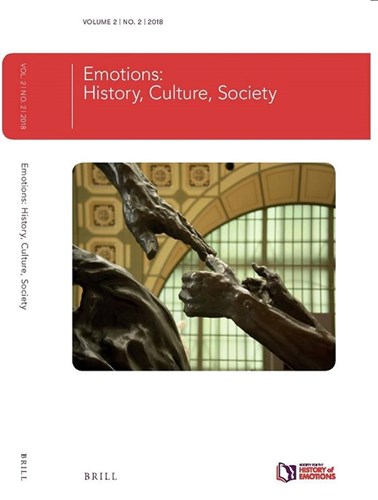
Mnemonic Waves
I’m really excited to be one of the speakers of the forthcoming symposium Mnemonic Waves, to be held in London at the Warburg Institute next November 15.

